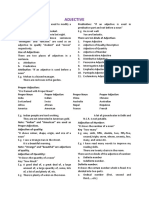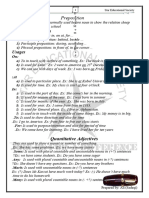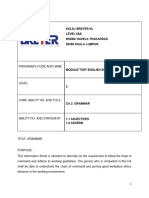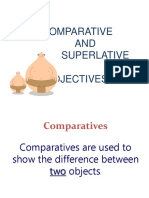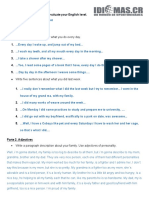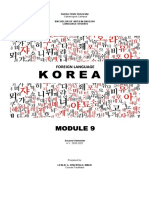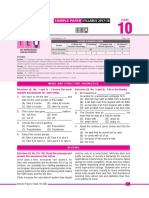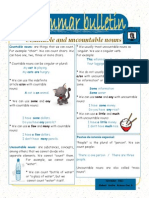0% found this document useful (0 votes)
54 views6 pagesAdjective Revision Notes
This document provides quick revision notes on adjectives, outlining various rules and examples related to their usage, types, and degrees of comparison. Key rules include the distinction between predicative and attributive adjectives, the formation of adverbs from adjectives, and guidelines for comparative and superlative forms. It also covers specific usage cases, such as the correct application of 'enough', 'worth', and the order of adjectives.
Uploaded by
bishal1996basak2528Copyright
© © All Rights Reserved
We take content rights seriously. If you suspect this is your content, claim it here.
Available Formats
Download as PDF, TXT or read online on Scribd
0% found this document useful (0 votes)
54 views6 pagesAdjective Revision Notes
This document provides quick revision notes on adjectives, outlining various rules and examples related to their usage, types, and degrees of comparison. Key rules include the distinction between predicative and attributive adjectives, the formation of adverbs from adjectives, and guidelines for comparative and superlative forms. It also covers specific usage cases, such as the correct application of 'enough', 'worth', and the order of adjectives.
Uploaded by
bishal1996basak2528Copyright
© © All Rights Reserved
We take content rights seriously. If you suspect this is your content, claim it here.
Available Formats
Download as PDF, TXT or read online on Scribd
/ 6









